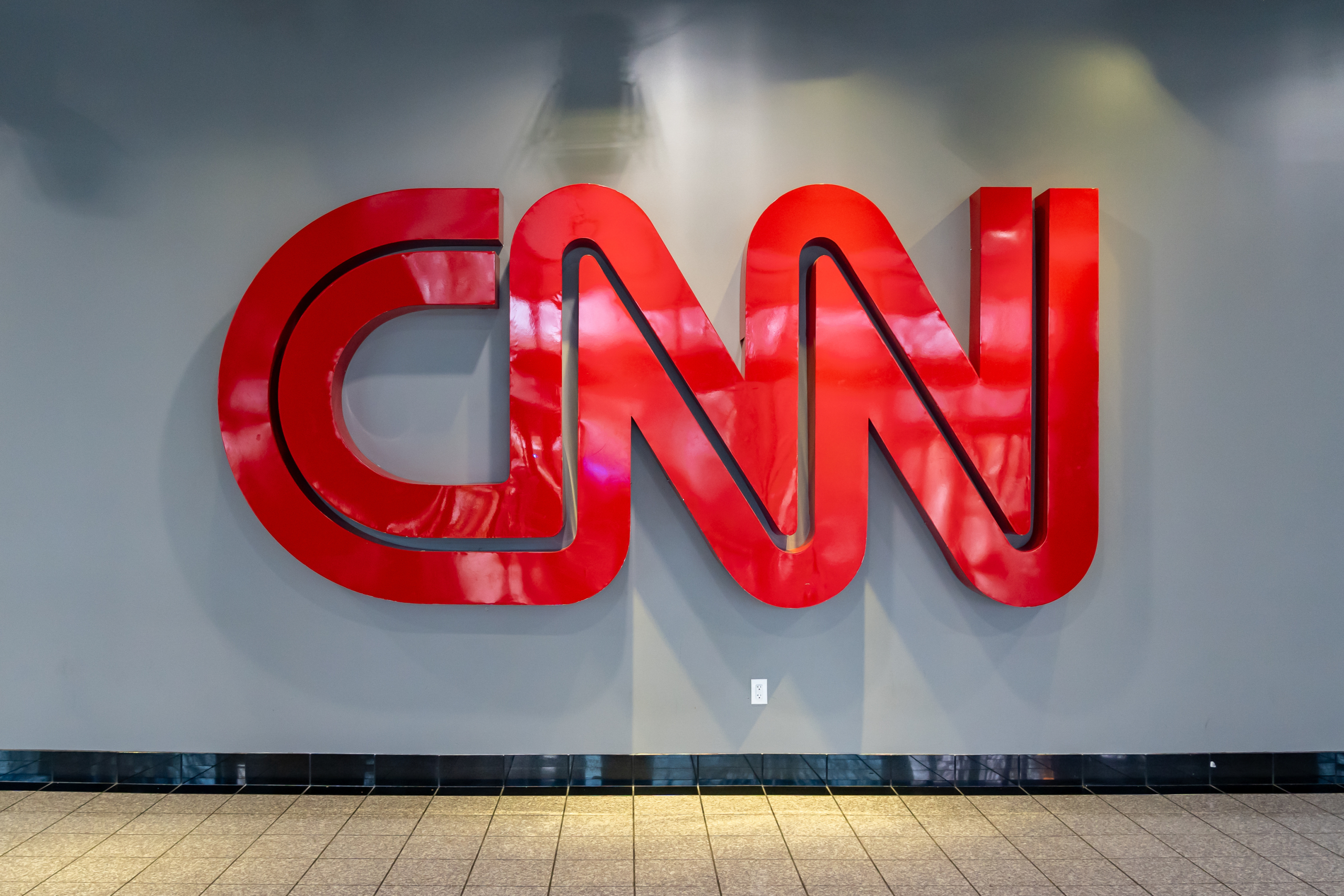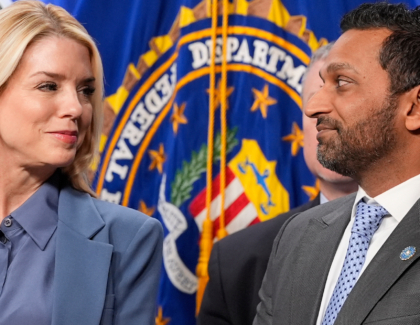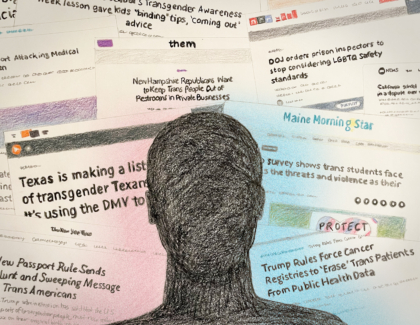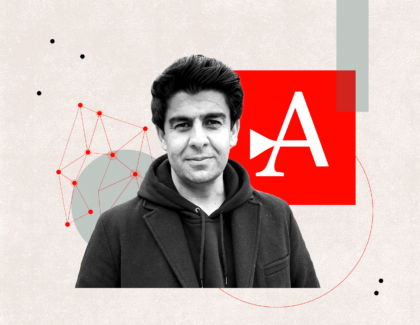Sign up for the daily CJR newsletter.
It was another dull day at the White House, according to CNN. The president’s remarks pretty much began on time. His voice was calm. The setting, at a lectern, was routine. All signals of a predictability that utterly bores cable news producers.
It was quite different with the last occupant. Every word that President Trump uttered—whether it was a new dollop of madness or a repeat offense—led every rundown. And the justification was “but he’s the president, and every word he says matters.”
Not so for Biden, whose brief speech was intended to propel his signature legislation through Congress. If CNN’s producers and anchors had paid it as much attention as a Trump tweet, they might have realized that he actually made a sweeping argument for increased government spending, an agenda that rivals the New Deal. (At least the network is consistent. Topics like infrastructure, inflation, minimum wage, childcare, and green jobs are practically nonexistent, especially during prime-time.)
His mode of transmission might be normal, but the message itself, and the contents of a $600 billion bipartisan infrastructure deal and a $3.5 trillion package that’s likely to be passed by Democrats only, are not. Biden declared trickle-down economics dead, and instead aspires to a “blue-collar blueprint” that will build “an economy from the bottom up and the middle out.”
Biden’s appearance on Monday was an opportunity to discuss the landmark deal in its most final form to date. It’s not without its flaws, or hazards—foremost among them the possibility of inflation. Print journalists found time to debate these issues. Why not CNN? Yes, it’s summertime, so Larry Summers might be unavailable on an island somewhere, but in theory he could plug in a laptop to connect. And other economists exist.
On CNN, John King was the first to react, since he was on air when Biden ended his comments. He first went to correspondent Phil Mattingly to summarize the president’s remarks, pro forma. Later in the hour, with three reporters, the network came tantalizingly close to airing some useful information—but, alas, focused on politics instead.
That night the network opted out again, unless you count the segment during the 7pm hour with historian Jon Meacham. During the 10pm hour, Don Lemon discussed the two bills with Rep. Alexandria Ocasio-Cortez, but she’s not exactly a neutral party. And a worthwhile discussion about inflation was sandwiched between segments on culture-war flash points: the January 6 investigation committee and critical race theory. No other prime-time shows on CNN mentioned the $600 billion deal, much less presented an edifying discussion on the multitrillion-dollar spending package.
There’s a maxim in cable news: producers believe the audience will drop off if you get “too in the weeds” on policy. And policy, in this context, means minimum wage, IRS enforcement, a threat to the US credit rating — all topics that would inform the overall debate. Even an ongoing miner strike in Alabama, I think, perfectly embodies the fight between corporations and hourly workers.
Kate Bolduan suggested, during her interview with Meacham, that this was the president’s fault. That he has failed in his messaging. CNN seems to be saying: Joe, for the sake of informing the nation, could you spice things up a bit?
I believe they are selling both their viewers, and the president, short.
Has America ever needed a media defender more than now? Help us by joining CJR today.







